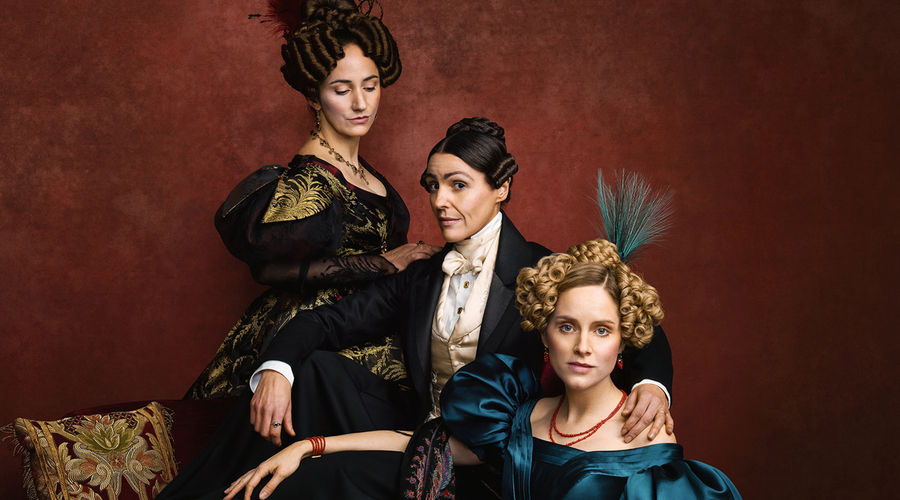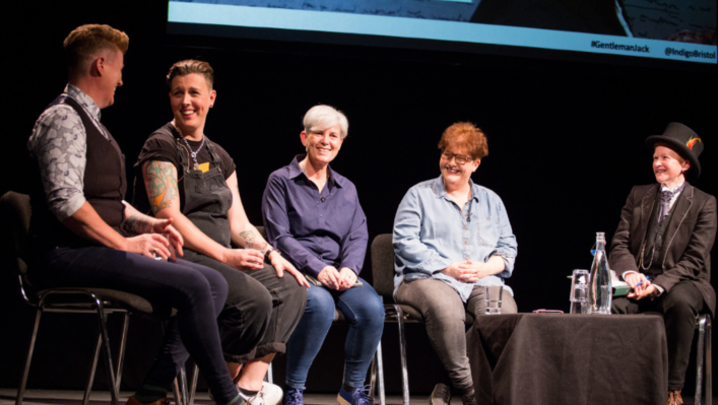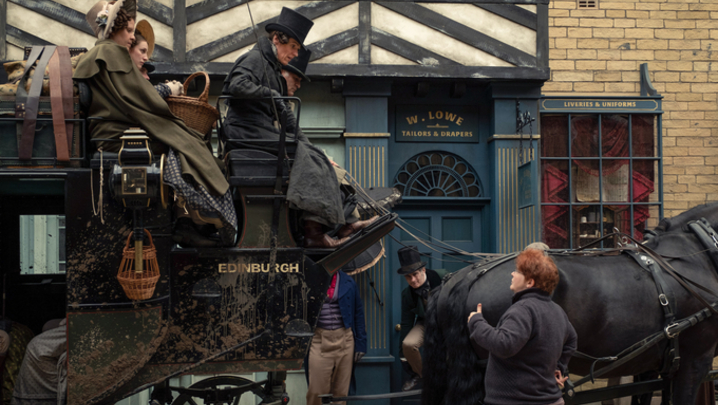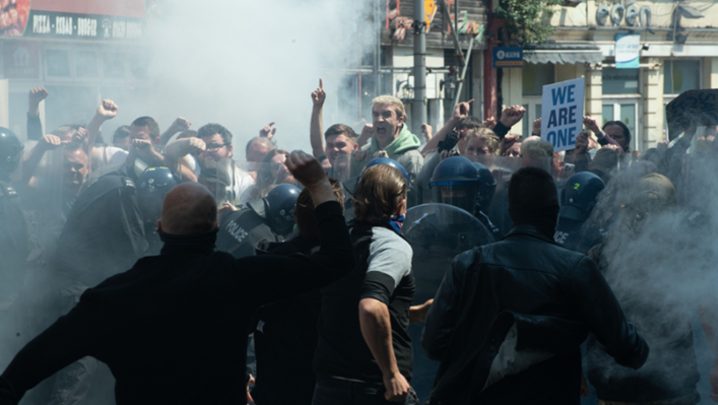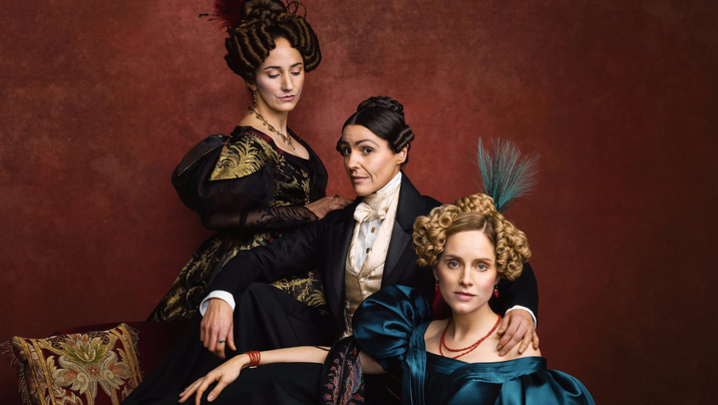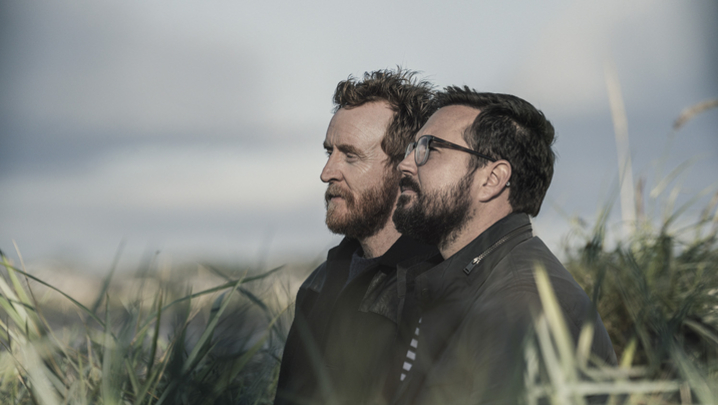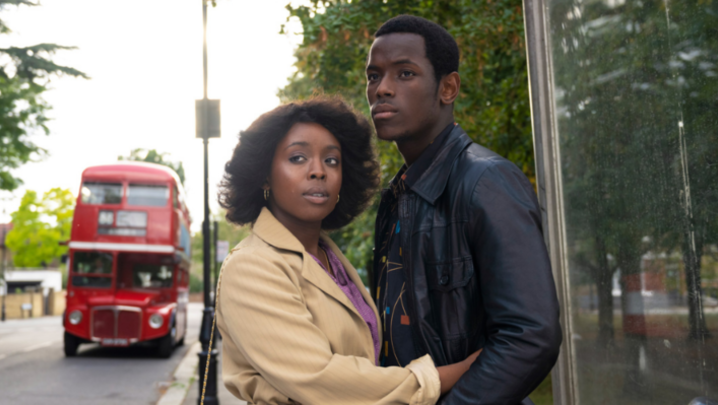The RTS learns how BBC One’s Gentleman Jack gave women the confidence to come out to themselves and their families.
When you write a show, you hope you’ll get good viewing figures, you hope people will like it. But the global response that we’ve had, this huge emotional response – you don’t expect that when you write telly.”
This was the visibly moved writer of Gentleman Jack, Sally Wainwright, interviewed for a sensitive and poignant new observational documentary, Gentleman Jack Changed My Life, made by Leeds-based Screenhouse Productions.
The historical drama chronicles the life and loves of West Yorkshire’s Anne Lister: 19th-century landowner, industrialist, traveller, diarist and, crucially, self-confident lesbian.
Lister had been unknown outside her native Halifax, and her love life a secret, until the 1980s, when local historian Helena Whitbread set to work on Lister’s journals – “something like 7,700 pages and around 5 million words”.
Wainwright says of her show: “It’s the first time I’ve written something that I think was important. Actually important.” And just how important to the lives of women of all ages, and how Lister has inspired those women, is what Gentleman Jack Changed My Life, narrated by Miriam Margolyes, sets out to explore.
Following an RTS preview screening last month, producer-director and former RTS Yorkshire Chair Fiona Thompson – joking how nice it was “for once, not to be the token lesbian in the room” – asked executive producer and co-owner of Screenhouse, Barbara Govan, how she got the idea.
Govan described her reaction to watching the first series of Gentleman Jack: “I thought, ‘Wow! This is amazing. Here’s a lesbian hero on BBC One at 9:00pm on a Sunday’. Then, the other side of that was, ‘Why are we seeing a lesbian hero on BBC One at 9:00pm on a Sunday only now, in 2019?’”
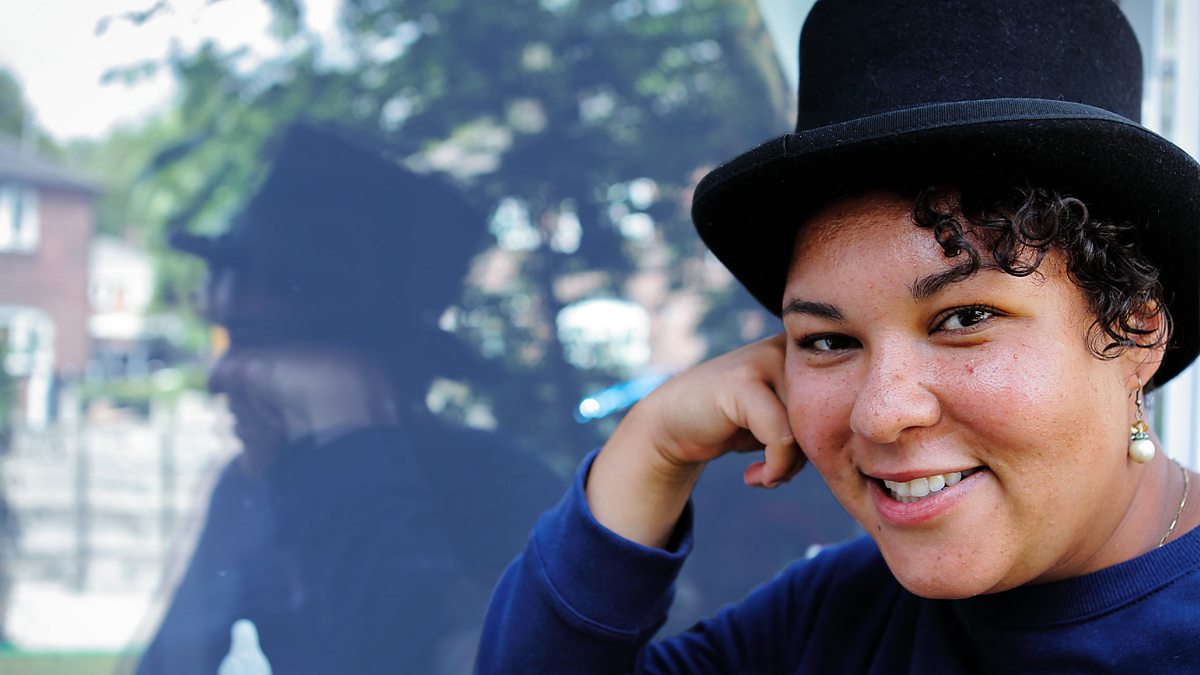
This led Govan to wonder how many people had heard of Anne Lister, and whether viewers had simply “looked at the listings, seen a period drama, [thought], ‘Ooh, it’s got Suranne Jones in it’ and then… been taken completely by surprise”. Had watching Gentleman Jack made “a lot of women out there realise something? Had it enabled their conversations?”
Employing an all-female crew was a no-brainer. Then, she quickly realised, “These women [who would feature in the documentary] are going to be talking about maybe discovering that they’re lesbians for the first time. They need to talk to lesbians about that, otherwise how will they feel safe?”
First on board was producer Al Johnstone, whose job it was to find the contributors. “Because there was such an amazing pre-existing online community, which had sprung up around the series, it made sense to start there,” said Johnstone. According to film-maker/producer/director Sara Hardy, by the time she herself joined the team, Johnstone had “already done much of the legwork”. Hardy “met and interviewed what felt like hundreds of people internationally via Zoom”.
Women from all over, from the US to Brazil and Israel to India, spoke to her about how the drama had made them feel valued, and how their loves, as well as their fears – of being beaten up or worse – had been validated by watching role model Anne Lister on screen.
But how had Johnstone and Hardy persuaded the women in the film to tell their stories so openly? “It’s a tricky thing,” Hardy conceded. “People have to be ready to tell their story.” Some people agreed to tell their stories just for research, but “others said, ‘Yes, I can tell you my story, and this is what’s happening to me now, in the next few weeks and months.’ We spent a lot of time chatting to those people… and it was a challenge.”
Thompson agreed: “It’s very brave to go in front of camera… and bring [their] families into it as well,” she said. She turned to one of the film’s contributors, Sami, a mixed heritage barrister, “who has pushed through barriers, pushed through the glass ceiling. But when you’re with your mother… we see this wonderful relationship that has obviously had its testing times as well.”
Sami had come out to her mum, Hazel, 12 years ago, with devastating results for them both. However, Sami told Thompson, “We watched the first series [of Gentleman Jack] together, I think that’s why it’s so important… it opened up a dialogue, the big elephant in the room… And just from those initial Zoom meetings [with Johnstone and Hardy]… the level at which [my mum and I] were talking was improving, and it was working for us. How you see us today is a work in progress, and that was the start of that work that needed to be done.”
Sami hoped that when the documentary was screened abroad that it would help women in other, more repressive cultures, too.
For Mormon Yvonne, realising she was gay while watching Gentleman Jack was “a bomb falling on top of me”. She chose to come out to her adult children in the film, but this was potentially a double risk as her daughter was also an active member of a church that forbids same-sex relationships.
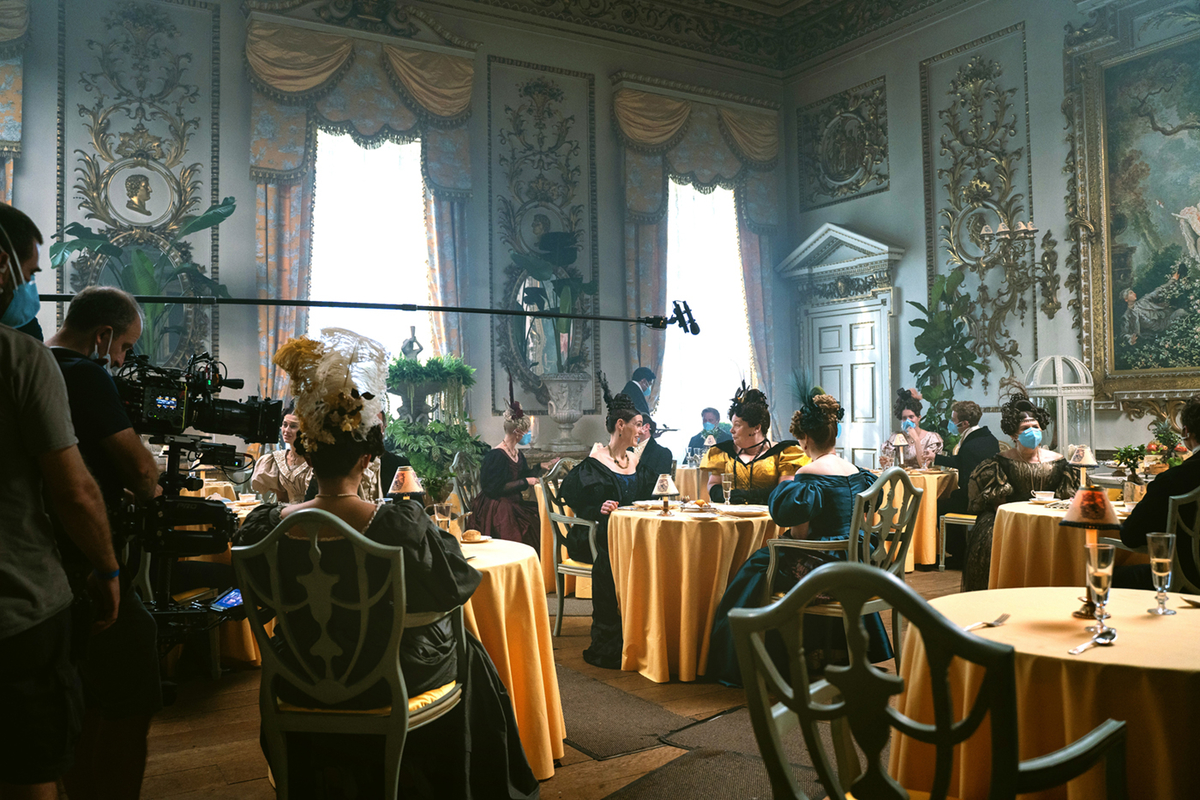
Thompson asked her how the documentary had impacted her, apropos her own faith. “That was the moment that Gentleman Jack and everything hit me,” Yvonne said. “Because, when [Anne Lister] said, ‘I am made as God intended me to be’… I thought, ‘That is so true.’ Then I thought: ‘Oh my God – that’s me!’ And it made me not see it as something wrong, it was actually how I was made. So that statement meant everything to me.”
Yvonne has distanced herself from the church but, when she comes out to her children, she finds great allies in both. “Because of the way this team was with me, I trusted them with something that was so private. [People might say] ‘it’s exploitative’ but this is the most comfortable I’ve felt… in my life.”
When Thompson opened the discussion out to questions from the floor, one audience member asked about another contributor to the documentary, Chichi, who Hardy films coming out to her grandparents – what if it hadn’t gone as well as it did?
“We had a big conversation with Chichi,” Hardy replied, “and said… that if she got there… and decided that it wasn’t the right thing to say, we’d just film her chatting to them and leave and they’d be none the wiser.… And if that had been the case, it would still have been really important to show.”
She continued: “As it happened, she blurted it out as soon as she got her foot in the door… and afterwards she said that she’d felt really emboldened just by being in a room where she was part of a group outnumbering the straight people.”
Hardy admitted that Chichi’s experience had made her feel emotional, and Thompson asked her and Johnstone how the process of making the documentary had been for them as workers “in an industry where sometimes we [lesbians] can be quite invisible”.
Johnstone said she had made documentaries on a range of subjects but this was the first time she had made a film like this: “Making this documentary has been amazing for me. I feel that my identity has been really reinforced. It has really helped me… it has worked both ways.”
Thompson was possibly only half-joking when she said: “It’s almost like Gentleman Jack Changed My Life Changed My Life is worth [Screenhouse] making next!”
Report by Carole Solazzo. ‘Gentleman Jack Changed My Life: Screening and panel talk’ was an RTS national event held at Archive, Leeds, on 26 May. It was produced by RTS Yorkshire Chair Lisa Holdsworth and event co-ordinator and administrator Jane Hall in association with the Women in Film and Television Awards and regional events producer Scarlet Brearley.

